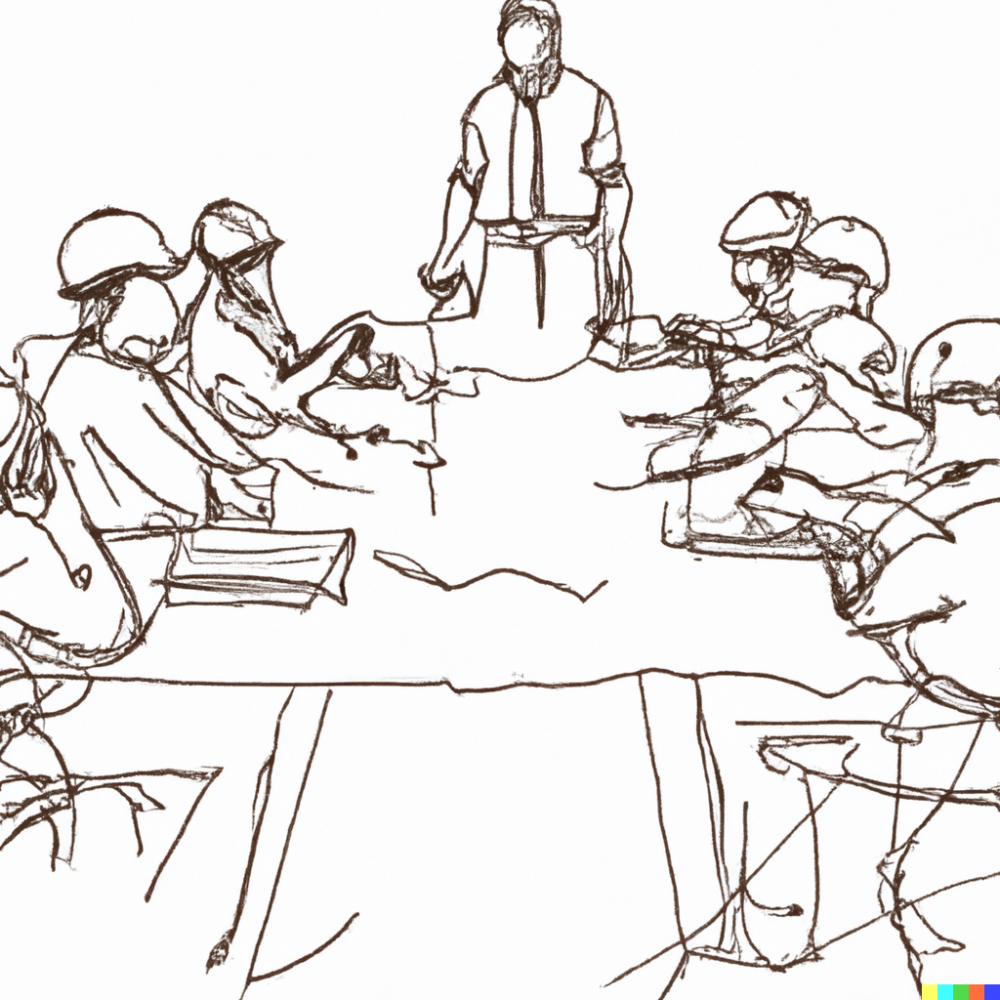Unjust Enrichment Introduction:
In the construction industry, legal principles such as Unjust Enrichment play a crucial role in protecting the rights of all parties involved. It is a legal principle in which one party benefits at the expense of another without any legal justification. In this blog post, we will discuss what it is, provide an example of its application in a construction project, and explore the contract documents that are relevant to this principle.
What is Unjust Enrichment?
This term is used to describe a legal principle that is established to prevent one party from being enriched at the expense of another without any legal justification. This principle applies when one party has received a benefit from another party and the recipient is under no legal obligation to return the benefit. In the construction industry, this can occur when a contractor receives payment for work that was not included in the contract or when an owner receives a benefit from a contractor’s work without paying for it.
Example of Unjust Enrichment in Construction:
One example of an enrichment of scope in construction is when a contractor performs additional work on a project without the owner’s knowledge or consent. The contractor may then submit a request for payment for the additional work, but the owner is under no legal obligation to pay for it because it was not included in the contract. In this situation, the contractor would be unjustly enriched because they received payment for work that was not agreed upon in the contract.
AIA Contract Documents: Protection Against Unjustified Enrichment
The American Institute of Architects (AIA) contract documents are the standard form agreements used in the construction industry. These documents outline the rights and responsibilities of all parties involved in a construction project, including the owner, architect, and contractor. Several AIA contract documents are relevant to this principle. For example, the AIA G701 form is used to document changes to the construction project that occur after the contract has been signed. This form can be used to prevent this result by ensuring that all parties are aware of and agree to any changes to the project. Additionally, the AIA G714 form is used to document changes to the construction project that occur during the construction process, ensuring that any changes are legally justified and preventing an unjustified enrichment.
Importance of Unjustified Enrichment in Construction Projects
Understanding unjustified enrichment is essential in construction to protect the interests of all parties involved. AIA contract documents can help prevent this from happening by ensuring all modifications are legally justified and agreed upon, and it is crucial for all parties to understand and adhere to principles to ensure a fair and successful project. Failure to comply with a defined change order process can result in litigation and disputes.
- Unjust enrichment safeguards the interests and rights of contractors, owners, and architects in construction.
- The implementation of AIA contract documents helps to minimize the risk of unjust enrichment by ensuring all modifications are legally justified and agreed upon.
- Understanding and upholding the principles of unjustified enrichment is important for a just and prosperous construction project.
- Failure to comply with unjust enrichment principles can have severe consequences, including litigation and disputes.
- A comprehensive understanding of this principle is essential to ensure a fair and successful construction project.
In summary, we’ve explained a critical legal principle in the construction industry that helps protect the interests and rights of all parties involved. AIA contract documents can be used to prevent unjustified enrichments and ensure that all modifications are legally justified and agreed upon. Therefore, understanding and adhering to the principles of legal change orders is essential to ensure a fair and successful construction project, while failure to comply with this principle can have severe consequences, including litigation and disputes.
 Copyright secured by Digiprove
Copyright secured by Digiprove 



